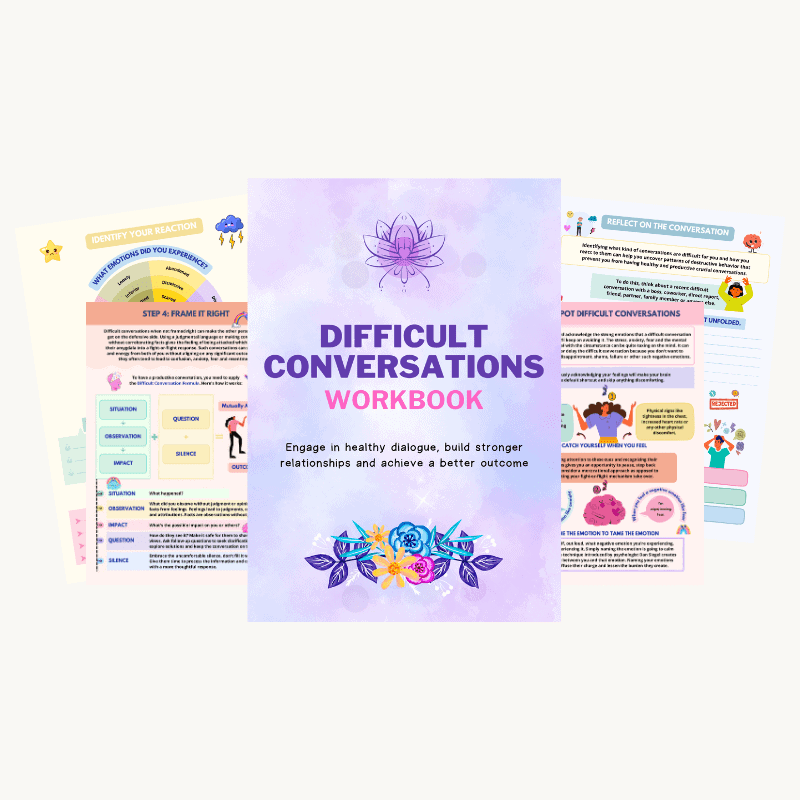How To Use Self Reflection Triangles For Personal Growth
Whatever dreams you have of the future cannot be fulfilled without reflecting on the lessons from the past. Experience by itself does not lead to learning. True learning comes from reflecting on your experiences. Take this journey of self reflection using reflection triangles










































































